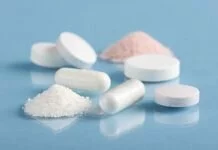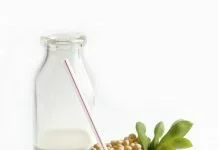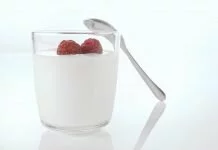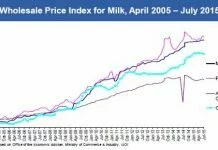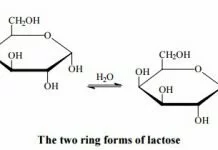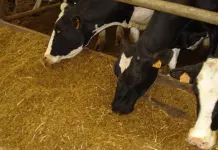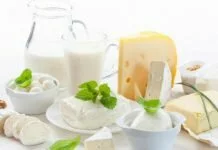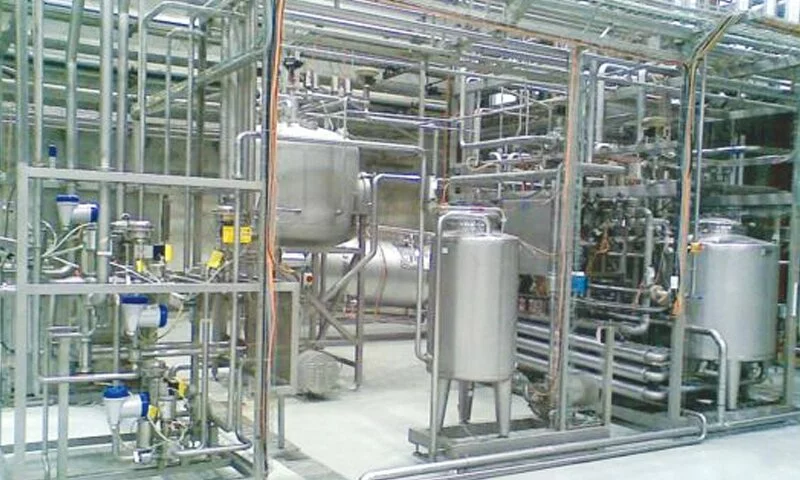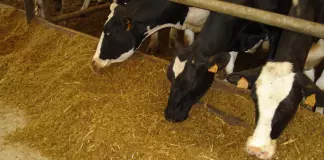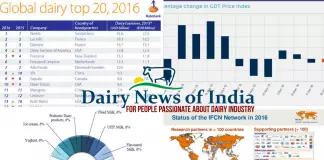Source:timesofindia.indiatimes.com
Dakshina Kannada Cooperative Milk Producers Union Ltd has set itself a target of being self-reliant in milk production by June 2017. A series of measures rolled out including providing highest procurement price of Rs 30.11/kg of milk to farmers among the 14 milk unions in Karnataka is helping the union reach its goal. Farmers also get additional Rs 4/litre of milk sold to their respective primary milk cooperative societies by way of government subsidy.
DKMUL at present procures 3.67-lakh kgs of milk each day through the 683 societies in Dakshina Kannada and Udupi. It procures additional 50000kgs each day from Hassan Cooperative Milk Producers Union Ltd to meet local demand and sells 3.5 lakh kgs of milk to consumers each day. With around 48,000kgs converted in to curds, DKMUL ends up producing nearly 16 different varieties of milk products with the remainder of 19000 kgs of milk in its possession.
B V Sathyanarayana, managing director, DKMUL told TOI that every effort is being made to boost local production of milk and milk the union self-reliant. “We are expecting to procure 3.67-lakh kgs of milk by May-June this year and touch 4.5-lakh kgs of milk during the same period, a year down the line,” he said, adding the current need is around 4.1-4.2-lakh kgs of milk each day and the difference is being met from imports from neighboring milk union at Hassan.
Averring that the procurement demand too is expected to touch 4.5-lakh kgs by May-June 2017, Sathyanarayana said the union is striving to close out this demand supply gap by then. Lauding the support given by the 683 societies, Sathyanarayana noted that the quality milk they supply is making the union’s task a lot easier. Against quality norms of 3.5% fat and 8.5% solids-not fat (SNF) in milk, our farmers supply milk that has average 4.4% fat and 8.57% SNF.







